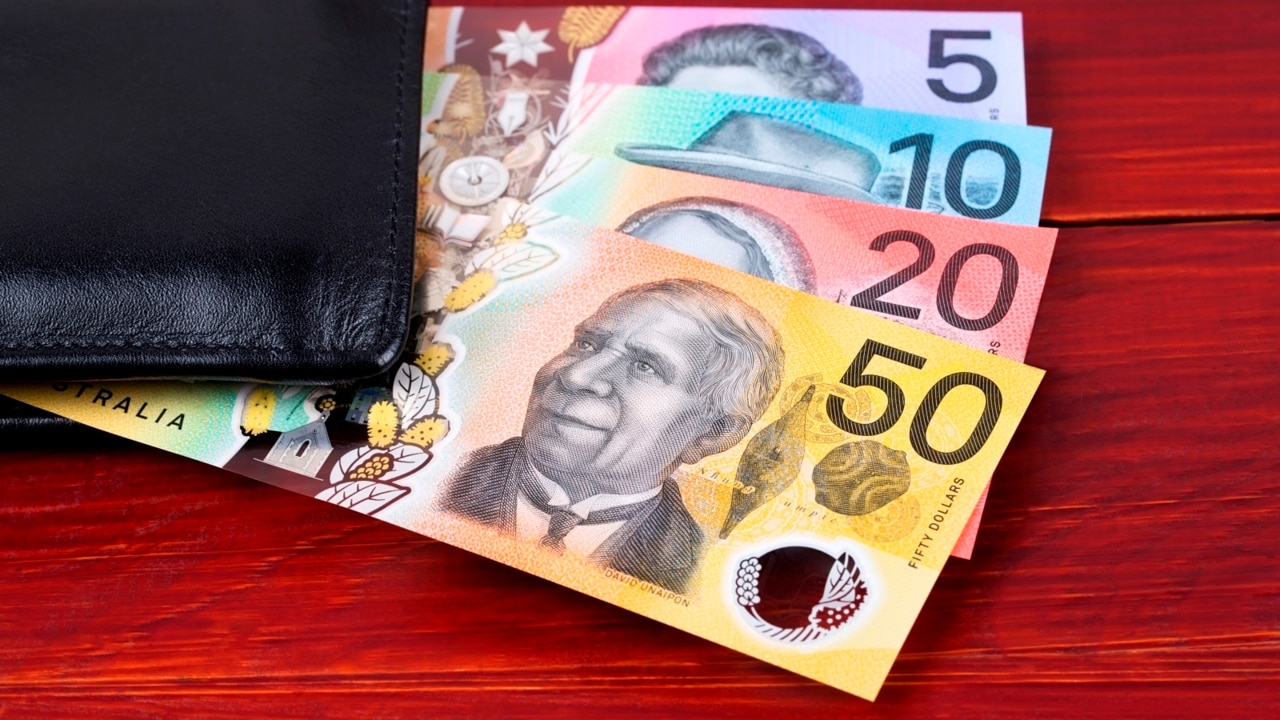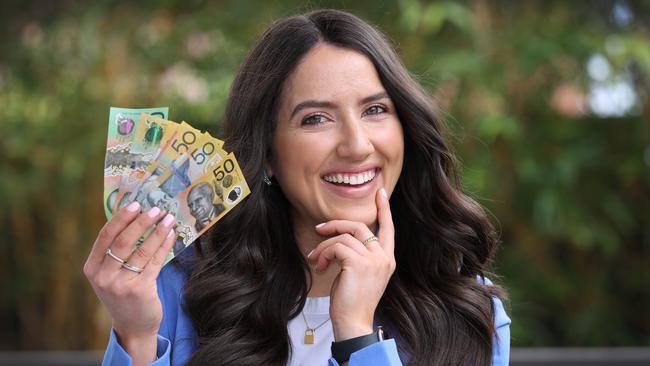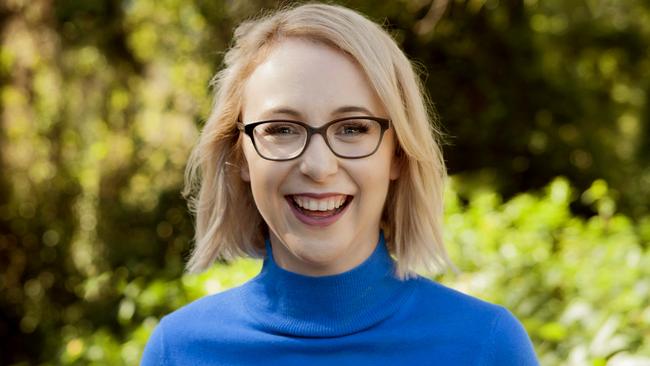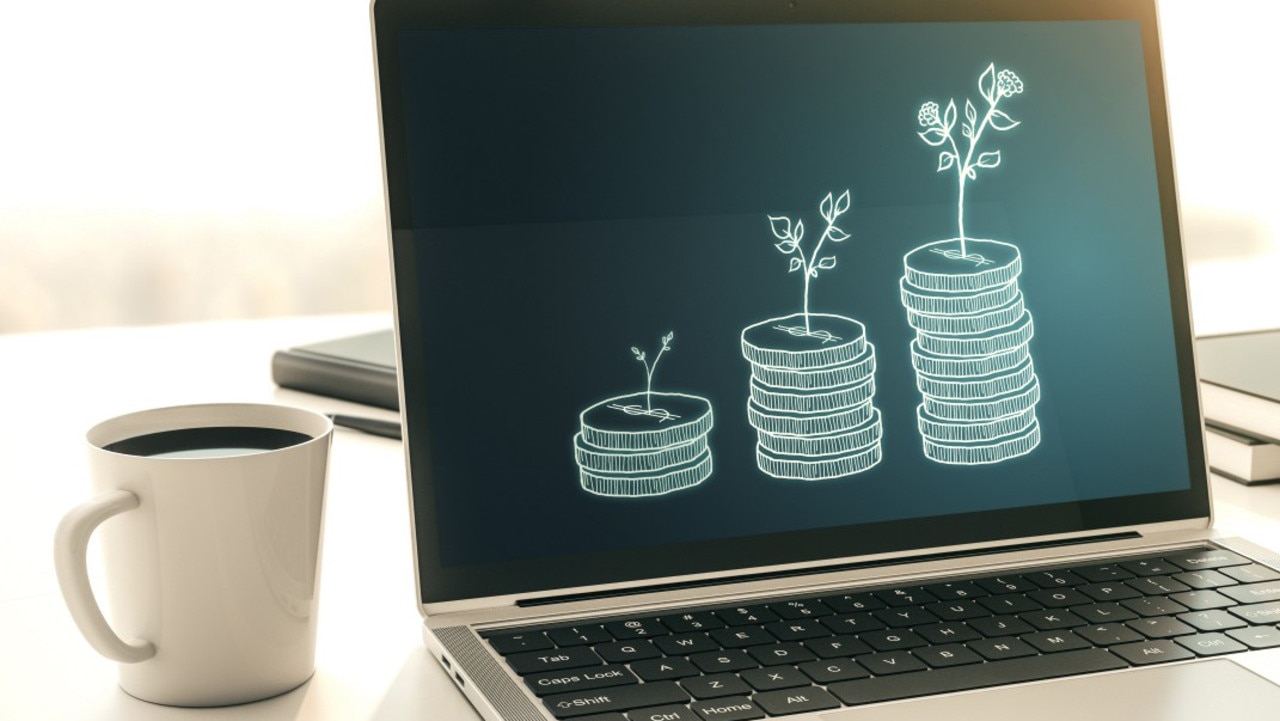How to stick to good money habits when pandemic ends
Keep saving or start spending? That is the question for many Australians as life begins to return to normal. Here’s what the finance experts think.

More than 18 months of living in a pandemic have produced some powerful and positive money habits, pushing household savings much higher and helping to create record personal wealth.
Will these good habits continue when life returns to normal? Probably not, say financial specialists, but there are several ways to become better with money than you were pre-Covid.
Household savings hit 46-year highs last year, Commonwealth Bank economists estimate Aussies have amassed $230 billion in excess savings during lockdowns, and Bureau of Statistics data shows Australians’ net wealth now sits at $522,000 per person.
However, behavioural economist and author Phil Slade expects many old spending habits to return.
“People’s environment affects the way they spend, and in the pandemic their environment changed,” he says.
“People have behaviours hardwired to the context that they find themselves in. When they physically go back to the environment they were in before, they are likely to go back to their old ways of spending.”
HARDWIRED TO SPEND
Many people slashed spending during Covid because they were unable to spend, not because they didn’t want to spend, Slade says.
Some extra savings may stick around as Australians spend more time working from home post-Covid and won’t be paying as much for lunches, parking and transport.

Certified financial planner Adele Martin many clients have more money because of missed holidays and nights out, but have spent heavily in other areas.
She says a survey commissioned by Addicted to Audio found technology spending jumped 217 per cent this year, while leisure spending also climbed sharply, and she expects a big increase in entertainment and beauty costs in the coming weeks.
THE 48-HOUR RULE
“I think most people will be spending more liberally for a little while before returning to normal spending habits come 2022,” Martin says.
“The excitement will fade and reality will set in for those needing to stick to a budget or financial goal,” she says.
Martin’s tips for maintaining those good money habits include:
• buying something, give yourself 48 hours to think about it before spending the money – this will stop impulse purchases.
• Automate saving and investing by having a set amount debited from your account without you having to think about it.
• Be mindful about where your money goes, because small amounts add up.
“Like do you need to buy that bottle of water with lunch or can you use a drink bottle? It might not seem like it would make a difference but a $4.50 bottle five days a week is over $1000 a year,” she says.
BEST BILL DEALS
Time spent at home and in lockdowns has given people more time to check they are getting the best deal on household bills, and iSelect spokeswoman Jessie Petterd says its research has found the pandemic prompted many to review their expenses.
“When life gets busy it’s easy to put the tedious task of reviewing your bills on the back burner, but an easy way to stay on top of it is to set a reminder in your phone to review your bills every few years,” she says.
“This will help ensure you’re not paying more than you need to.”

SPLURGING TO HELP
Adriana Trikolas, 25, has been working remotely as a teacher and has saved on travel, lunches and coffees.
“I think the pandemic has focused us to find ways where socialising doesn’t come at a cost – like walking and picnics,” she says.
“I’ve become more cautious and it’s made me think ‘do I actually need this?’ I will continue to save but I’m very eager to go out and splurge and help small businesses.
“I will be very happy to spend some – but not all – of my savings.”
CREATE A NEW YOU
Slade says people can maintain good savings habits post-pandemic by setting up several sub-accounts for savings goals, because people are less likely to raid banks accounts holding less money.
“Think of yourself as pre and post-pandemic, and draw a line under yourself to create a new version of you and what you do,” he says.
“Don’t feel the urgency to spend straight away – once the gloves come off a lot of people will try and spend a lot straight away, which will probably drive prices up.”




